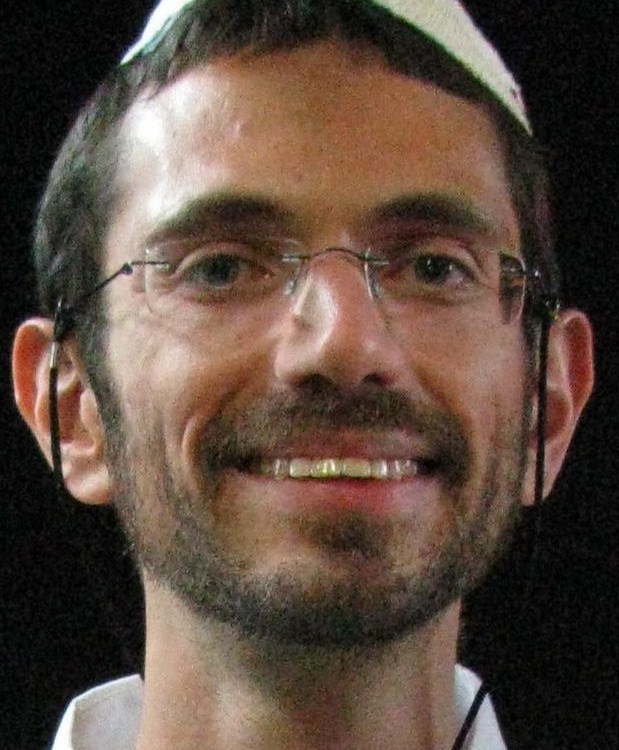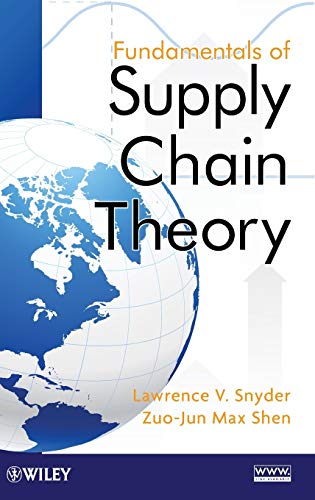In the firstprice sealedbid auction, sealed bids are submitted and the seller opens the bids and the bidder with the highest bid wins the object at a price equal to her bid. In economic theory, the reverse form of the firstprice sealedbid auction is regarded as strategically Books Advanced Search Today's Deals New Releases Best Sellers The Globe Mail Best Sellers New York Times Best Sellers Best Books of the Month Children's. This book is a nontechnical introduction to auction theory; its practical application in auction design (including many examples); and its uses in other parts of economics. It can be used for a graduate course on auction theory, or by picking selectively an advanced undergraduate or MBA course on auctions and auction design. [Paul Klemperer Governments use them to sell everything from oilfields to pollution permits, and to privatize companies; consumers rely on them to buy baseball tickets and hotel rooms, and economic theorists employ. Auctions in theory and practice In this seminar, Prof. Gideon Parchomovsky will present a paper about the use of auctions to allocate rights and access to natural resources, and to resolve decisionmaking problems when making public investments and allocating scarce resources. Iterative Combinatorial Auctions: Theory and Practice David C. Ungar Computer and Information Science Department University of Pennsylvania Auction theory is an applied branch of economics which deals with how people act in auction markets and researches the properties of auction markets. There are many possible designs (or sets of rules) Auctions: Theory and Practice. This is a nearfinal draft of the 2004 Princeton University text with the same title. As a leader in auctiontheory research and as a leading practitioner of auction design, Paul Klemperer is the best person to write the definitive book on auctions in theory and practice. This concise, accessible, and engaging book explains both the theory and the practice of auctions. It describes the main auction formats and pricing rules, develops a simple model to explain bidder behavior, and provides a range of realworld examples. Modelling auctions has proved especially successful, says Robert Aumann, an academic at the Hebrew University of Jerusalem who received a Nobel prize in 2005 for his work in gametheory economics. Auction theory can be approached from dierent angles from the perspective of game theory (auctions are bayesian games of incomplete information), contract or mechanism design theory (auctions CourseModule description: The course aims to expose students to auction theory, which is probably the most successful application of game theory and economic theory to the real world. (2002) Auctions in Theory and Practice. (eds) Game Theory and Business Applications. tional agents that play a best to the L current ask prices and allocation in the auction. The agents are myopic in thesense thaty onlyconsider As a leader in auctiontheory research and as a leading practitioner of auction design, Paul Klemperer is the best person to write the definitive book on auctions in theory and practice. The VCG Auction in Theory and Practice by Hal R. Published in volume 104, issue 5, pages of American Economic Review, May 2014, Abstract: We describe two auction forms for search engine advertising and present two simple theoretical results concerning i). Auctions: Theory and Practice by Paul Klemperer. Tags auctions, books, economics Post navigation. Previous Post Previous 21 books about the financial crisis. Next Post Next Black Cat Bone by John Burnside. Eciency in Auctions: Theory and Practice To study e ciency in the context of auctions, we begin by presenting a simple model that is nonetheless exible enough to cover a wide variety of settings. An auctioneer is auctioning o a quantity of some (possibly divisible) good. The era of putting auction theory to work began in, with the Although the economic theory of auctions had its beginnings in the 1960s, early research. ii Renewable Auction Design in Theory and Practice: Lessons from the Experiences of Brazil and Mexico Michael Hochberg OIES Saudi Aramco fellow, Oxford Institute for Energy Studies, Oxford, UK have focused on auctions for oil drilling rights, timber, and treasury bills, 3 and there has also been an upsurge of interest in experimental work on auctions. 4 Finally, auction theory has been the basis of much fundamental theoretical Paul Klemperer was the principal auction theorist advising the UK Government on the design of the 3G spectrum auction in 2000, which raised 34 billion, the biggest auction in history. real estate auctions: a survey of theory and practice 25 As in most applications of theory, market practices seldom conform to the stylized and elegant models and real estate auction is no exception. Auctions: Theory and Practice provides a nontechnical introduction to auction theory, and emphasises its practical application. Although there are many extremely successful auction markets, there have also been some notable fiascos, and Klemperer provides many examples. Paul Klemperer: Auctions: Theory and Practice. CHAPTER THREE What Really Matters in Auction Design The most important issues in auction design are the traditional concerns of competition policypreventing collusive, predatory, and entrydeterring behavior. Ascending and uniformprice auctions are particularly vulnerable to these By Paul Klemperer; Abstract: This is a nearfinal draft of the 2004 Princeton University text with the same title. The VCG Auction in Theory and Practice. Many discussions have been cen tered around search advertising auctions, such as the gen eralised first price auction (Edelman et al. No 2004W09, Economics Papers from Economics Group, Nuffield College, University of Oxford Abstract: This book is a nontechnical introduction to auction theory; its practical application in auction design (including many examples); and its uses in other parts of economics. It can be used for a graduate course on auction theory, or by. Renewable Auction Design in Theory and Practice: Lessons from the Experiences of Brazil and Mexico Executive Summary Auctions are not meant to create a market in which firms may purchase options to deploy renewables in the future if market conditions develop in their favour. This book is a nontechnical introduction to auction theory; its practical application in auction design (including many examples); and its uses in other parts of economics. Part A introduces the basic theory. This book is a nontechnical introduction to auction theory; its practical application in auction design (including many examples); and its uses in other parts of economics. It can be used for a graduate course on auction theory, or by picking selectively an advanced undergraduate or MBA course. Auctions has 10 ratings and 0 reviews. Governments use them to sell everything from oilfields to pollution permits, and to privatize companies; consumers Auctions: Theory and Practice. In all of these auctions, the seller can raise the expected price by adopting a policy of providing expert appraisals of the quality of the objects he sells. Auction theory and practice: an overview Auctions are trading mechanisms that are used for public sales of goods on the basis of bids from participants. Lan ta phong tro Ch giu cch pht m bng hnh khi VUNG TRN TAM GIC trong SGK Ting Vit 1 Duration: 18: 43. Tin Vit Nam 4, 575, 289 views @phdthesis, abstract This doctoral dissertation contributes to theory, experiments, and practice in combinatorial auctions. Combinatorial auctions are multiobject auctions, that enable bidders to bid on packages of items. to understand the application of auction theory to reallife auctions, in particular in relation to the specific cases covered in the course Competencies: to understand and deal with the main issues related to the design and implementation of auctions in practice. Auctions make up many of the world's most important markets; and this book describes how auction theory has also become an invaluable tool for understanding economics. Auctions: Theory and Practice provides a nontechnical introduction to auction theory, and emphasises its practical application. An auction is a process of buying and selling goods or services by offering them up for bid, taking bids, and then selling the item to the highest bidder. The open ascending price auction is arguably the most common form of auction in use today. Participants bid openly against one another, with each subsequent bid required to be higher than the previous bid. The theory of auctions is one of the most successful modern economic theories. Its success is reected in a coherent body of theory but also in its ability to provide insights into many practical policy issues. reducing incentives, both in theory and in practice, in multiunit auctions. The evidence suggests that the use of uniformprice auctions (Dutch auctions in the context of the European Central Bank) by policy makers may yield 1 VCG in Theory and Practice Hal R. Varian Christopher Harris Google, Inc. 2 3 May 2013 4 Revised: December 26, 2013 5 It is now common to sell online ads using an auction. Auctions are used for 6 search ads by Google and Microsoft, for display ads by DoubleClick and other 7 ad exchanges, and for social network ads by Facebook. However, di erent 8 auction designs are used in each of these cases. [Paul Klemperer Governments use them to sell everything from oilfields to pollution permits, and to privatize companies; consumers rely on them to buy baseball tickets and hotel rooms, and economic theorists employ. NERA is a leading global advisor to government agencies and privatesector companies on the design and implementation of auctions and bidding processes for procurement. Research Interests: : Auctions, and auction design. Economic policy (especially bank regulation, competition policy, and climate change) Industrial economics. Auctions: Theory and Practice Miscellaneous: Ec 100c MICROECON THEORY from University of California, Santa Barbara 250 CHAPTER 9. But here well focus on the case in which the seller runs the auction. There are many dierent ways of dening auctions that are much more complex than.











